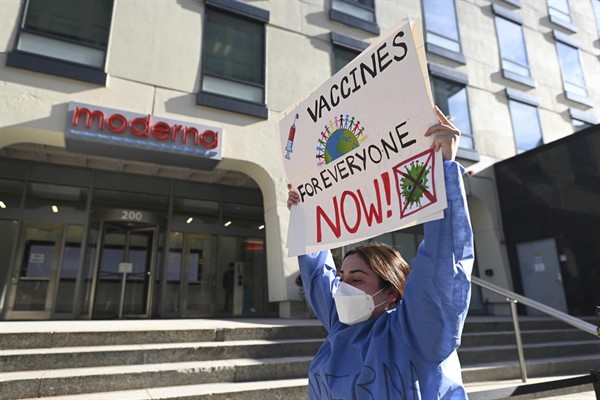As he watched his country flail early in the COVID-19 pandemic, the Nobel laureate economist Paul Romer argued that only by taking a dramatic, concerted step, carried out simultaneously nationwide, would the United States be able to stop the spread of the virus and contain its spiraling costs.
At the time, in April 2020, Romer said that the United States should commit an estimated $100 billion dollars to a crash national testing program that would allow the quarantining of people who were positive and thereby stop the spread of the pathogen to others. This, he argued, was a pittance compared to the $2 trillion the government had already committed by then to a series of ill-coordinated pandemic response measures that seemed ever-doomed to remain at least one step behind the virus.
An awful lot has changed since the time of Romer’s proposal, not least the idea that the coronavirus can be effectively combatted in a single country, unless it is a rare nation like China, which combines a strongly authoritarian government, formidable systems of surveillance and enforcement, and no public sphere in which anyone can loudly object to infringements on personal freedoms.

